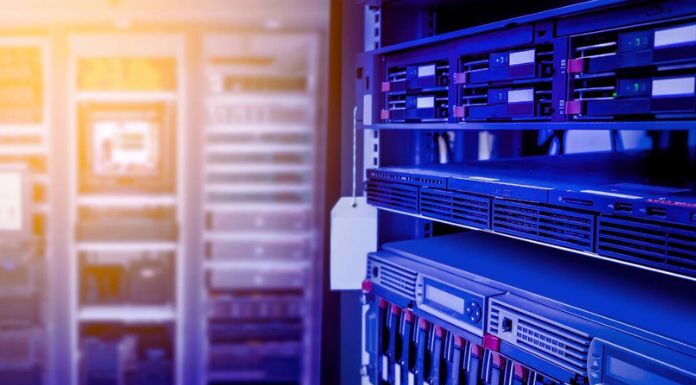If you are looking for servers for a company, this article can be a great ally. Since this is a product with different specifications, making an informed purchase with a guarantee is necessary.
That’s why, to help you, we’ve prepared five tips when buying a server. See below:
1 – The First Step Is To Understand What Servers Are And What They Are For:
A server is a computer developed to perform higher processing than standard computers. In general, servers are intended to provide services to other computers through a network connection.
2 – Tower Servers:
The tower server stands out for its size and is one of the most minor types of servers offered on the market. Furthermore, its operating model does not depend on hardware, as it has the complete and fundamental elements to respond to the demands of the company’s other computers.
Typically, servers need to stay connected; only then can they reach their full potential, whereas the tower server has an internal network piece to allow network connections. Thus, software is executed, processed, and archived on hard drives in the same way as a computer.
3 – Rack Servers:
They are typically used by small businesses that need to increase their services. Among its advantages is the possibility of assembling many servers, which can optimize space compared to a Tower server; for example, the Rack has a greater internal storage capacity.
4 – Blade Servers:
These servers are individually developed and designed to fit into engineered furniture like other server models. Still, the difference is that the Blade can be allocated in a smaller space due to its design.
Because it is smaller, it is the most chosen option for saving space, whether with servers or computer equipment.
5 – Hardware Components:
In addition to the types of servers, the hardware components also play an essential part in this choice. We’ll explain it to you:
- Motherboard: This hardware is known even to most layman, being a machine’s main internal circuit board. It must fit in with the other elements of the computer.
- RAM: It is a temporary memory that facilitates access to files. Therefore, the larger the server’s RAM, the greater the capacity for operations that can be carried out simultaneously.
- Network controller: Its function is to control the entry and traffic of company users on the server.
- Power supply: Servers have different power supply needs than a computer. Review its internal structure, as energy demand and consumption are much higher.
The Advantages Of Buying A Used Server
The used computer market has grown dramatically due to increased search. And also the best value for money.
This choice is beautiful for starting companies, as a used computer will bring benefits as it is a more affordable product and still operates like new equipment.
If you own a small business using multiple computers, investing in a used server may be time. A server will keep your data safe and organized and help you run your business more efficiently and professionally.
By storing and organizing data in a central location, you can easily access and share files and manage business information more efficiently. A server will allow your employees to share software tools. And also, they can access the company’s databases anywhere.
If you have a large company, you must analyze what your server will be used for. It may be an option to use network storage (NAS). NAS boxes are small file servers with fewer resources. However, a file server can support many more hard drives than NAS boxes.
Workstation Or Server? What Is The Best Option?
Firstly, knowing the purpose and functionality for which you will use the equipment is essential.
WORKSTATIONS:
1st, If you have a business with a specific objective, you can invest in a workstation. Or, as it is better known, workstation. This is a computer with processing capacity superior to conventional ones.
2nd, It is not simply a powerful CPU computer, as they are made to serve a specific purpose. In terms of hardware, the workstation’s main feature is its modular construction. In other words, a format that allows you to configure the parts of the computer independently.
SERVERS:
1st, having a centralized server is the best option if you have a company with more than one employee and manage several email accounts and providers. This way, it will be possible to combine them into a single account managed by the company.
2nd A plus that facilitates the organization of accounts, in addition to professionalizing your internal processes.
3rd: Having your server is synonymous with security. With the help of the server, it is possible to create different users for different information. This way, accounting doesn’t need to know what HR is doing. Avoid information leakage.
4th Another benefit is that all information is archived in the same place. This helps with access and makes it easier to make backups with greater security.
Since servers are essential for any company since they bring countless facilities and even more security for your files and data, it is essential to have data organization when working with digital documents and security files for the company and its customers.

